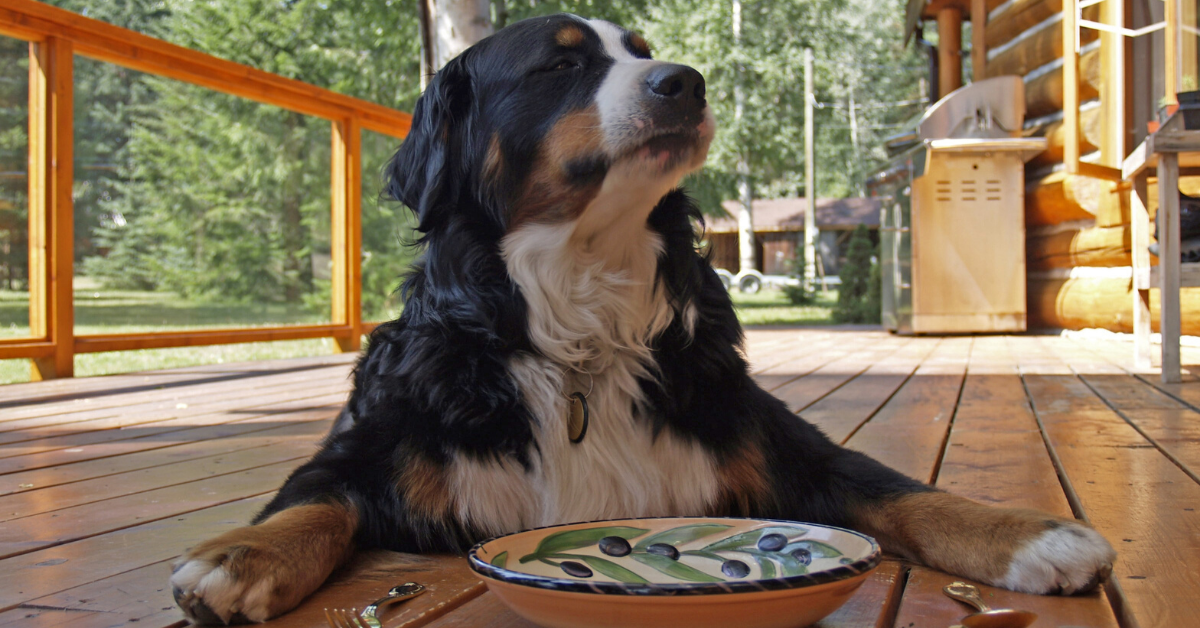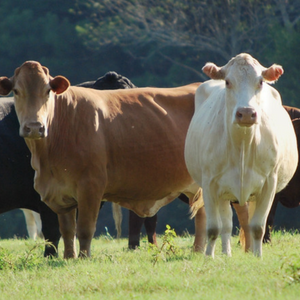
WHAg Window – giving a view from our perspective…..
A new study on the changing pattern of diets fed to cats and dogs in English speaking countries has just been published in the Veterinary Record.
Although the vast majority of diets are still conventional, processed, bought in foods, the study shows a significant increase in the use of “unconventional” – homemade (HM) and/or raw animal products (RAP) and vegetarian ingredients.
Many people would think this is a good thing but in their summary of conclusions, the authors – who all have links to pet food manufactures or ingredient suppliers – highlight that “an increased risk of nutrient insufficiency and associated conditions have been attributed to unconventional feeding practices”.
However, the literature they cite is far from convincing and fails to show any evidence that the health of animals is actually being adversely affected any more than is the case with feeding conventional diets. The discussion of whether “unconventional” diets improve health is, predictably, thin.
Needless to say, media coverage of the study has focussed on the potential risks and not potential benefits and delights in knocking copy. “Trendy raw and vegan diets may cause health problems for cats and dog” is the Daily Telegraph headline.
The actual study deserves better treatment than this and a more intelligent, impartial summary conclusion than its authors give it. For example, the paper points out that:
-
“Trends in animal nutrition shadow trends in human nutrition, with increasing consumer interest in ‘natural’ and ‘holistic’ foods demonstrated in both human and pet feeding practices.”
-
People who feed HM diets “may perceive these diets to be more palatable, or they may consider them to be healthier than processed commercial diets.”
-
“Feeders of RAP have been reported to have significantly different perceptions of the pet food industry, as well as animal health and nutrition than feeders of conventional diets.”
-
“In particular, people who feed RAP to their pets had lower confidence in the advice of veterinarians, especially with respect to companion animal nutrition. They also reported concerns regarding the safety, quality and nutritional value of conventional foods, and perceived RAP as being more natural and healthier than conventional diets.”
-
“Promoters of HM diets and RAP claim that these foods will improve health, increase energy and even reverse chronic diseases such as cancer; however, there is currently a lack of peer-reviewed research to support these claims.”
All of which is familiar to those of us concerned about Whole Health.








